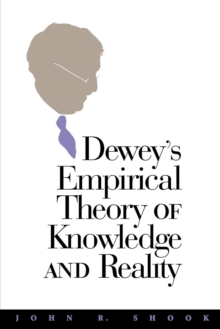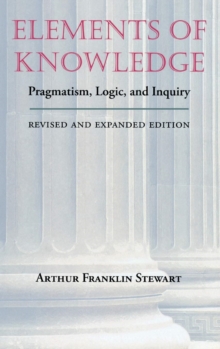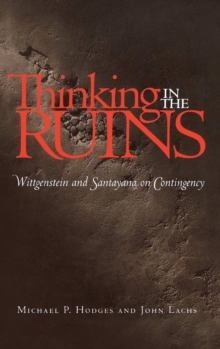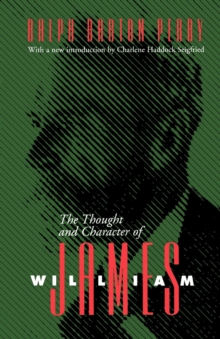
Beyond Realism and Antirealism : John Dewey and the Neopragmatists EPUB
by David L. Hildebrand
Part of the Vanderbilt Library of American Philosophy series
EPUB
Description
Perhaps the most significant development in American philosophy in recent times has been the extraordinary renaissance of Pragmatism, marked most notably by the reformulations of the so-called Neopragmatists Richard Rorty and Hilary Putnam. With Pragmatism offering the allure of potentially resolving the impasse between epistemological realists and antirealists, analytic and continental philosophers, as well as thinkers across the disciplines, have been energized and engaged by this movement.
In Beyond Realism and Antirealism: John Dewey and the Neopragmatists, David L. Hildebrand asks two important questions: first, how faithful are the Neopragmatists reformulations of Classical Pragmatism (particularly Deweyan Pragmatism)? Second, and more significantly, can their Neopragmatisms work?
In assessing Neopragmatism, Hildebrand advances a number of historical and critical points:
*; Current debates between realists and antirealists (as well as objectivists and relativists) are similar to early twentieth-century debates between realists and idealists that Pragmatism addressed extensively.
*; Despite their debts to Dewey, the Neopragmatists are reenacting realist and idealist stands in their debate over realism, thus giving life to something shown fruitless by earlier Pragmatists.
*; What is absent from the Neopragmatists position is precisely what makes Pragmatism enduring: namely, its metaphysical conception of experience and a practical starting point for philosophical inquiry that such experience dictates.
*; Pragmatism cannot take the linguistic turn insofar as that turn mandates a theoretical starting point.
*; While Pragmatisms view of truth is perspectival, it is nevertheless not a relativism.
*; Pace Rorty, Pragmatism need not be hostile to metaphysics; indeed, it demonstrates how pragmatic instrumentalism and metaphysics are complementary.
In examining these and other difficulties in Neopragmatism, Hildebrand is able to propose some distinct directions for Pragmatism. Beyond Realism and Antirealism will provoke specialists and non-specialists alike to rethink not only the definition of Pragmatism, but its very purpose.
Information
-
Download - Immediately Available
- Format:EPUB
- Pages:264 pages
- Publisher:Vanderbilt University Press
- Publication Date:30/04/2021
- Category:
- ISBN:9780826502575
Other Formats
- Hardback from £86.00
Information
-
Download - Immediately Available
- Format:EPUB
- Pages:264 pages
- Publisher:Vanderbilt University Press
- Publication Date:30/04/2021
- Category:
- ISBN:9780826502575










